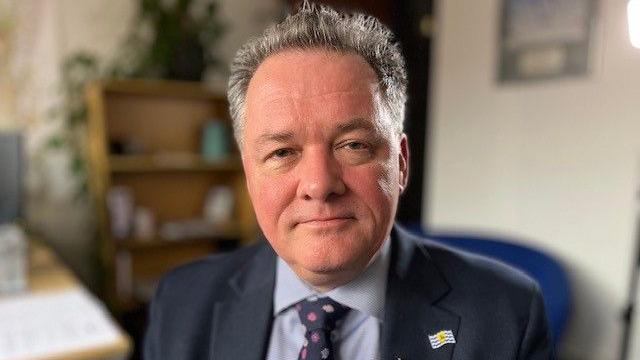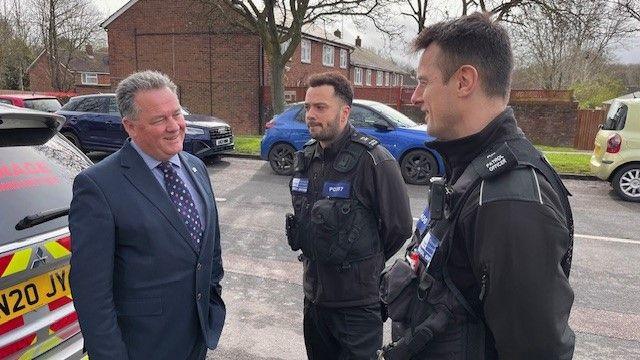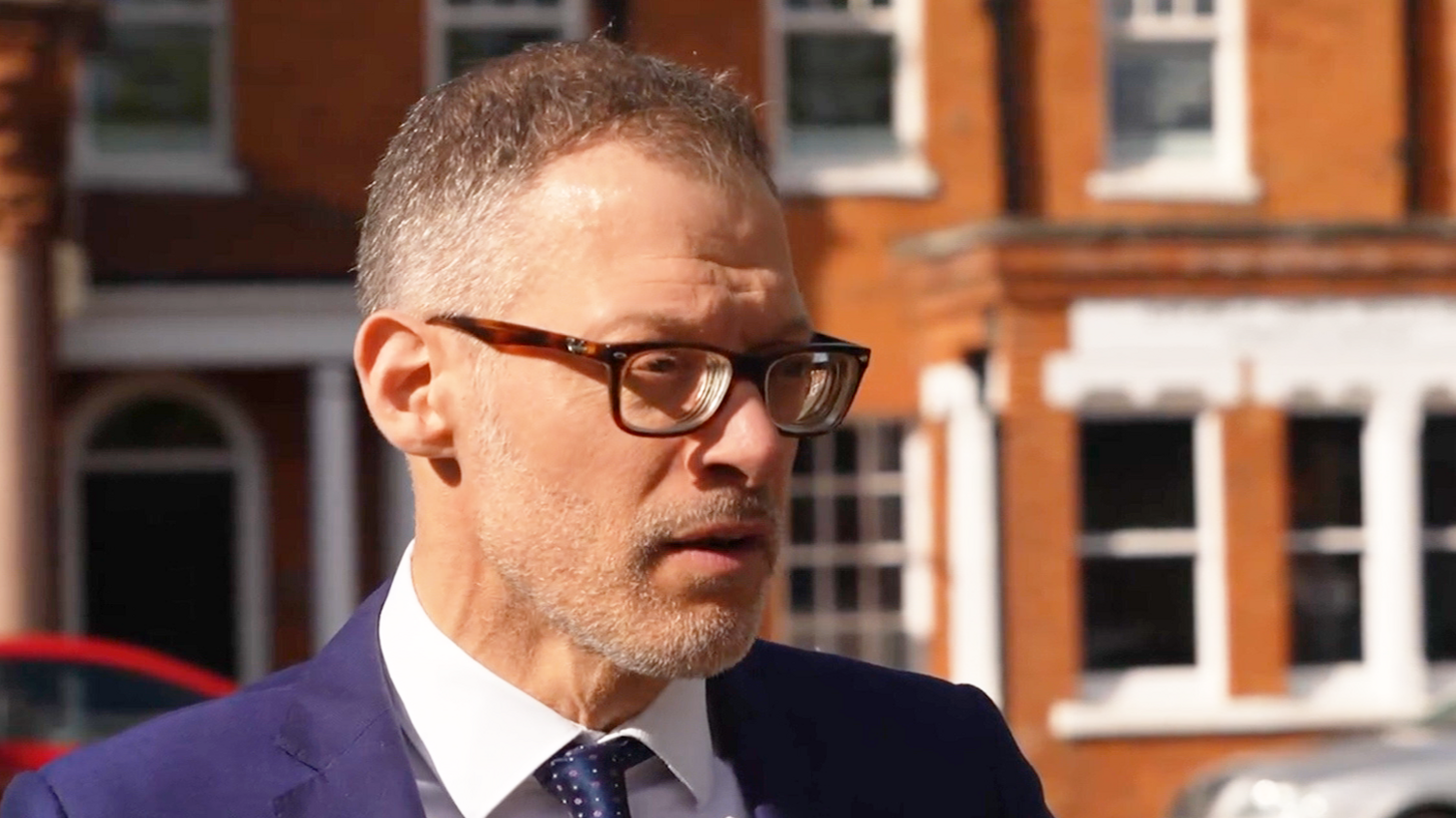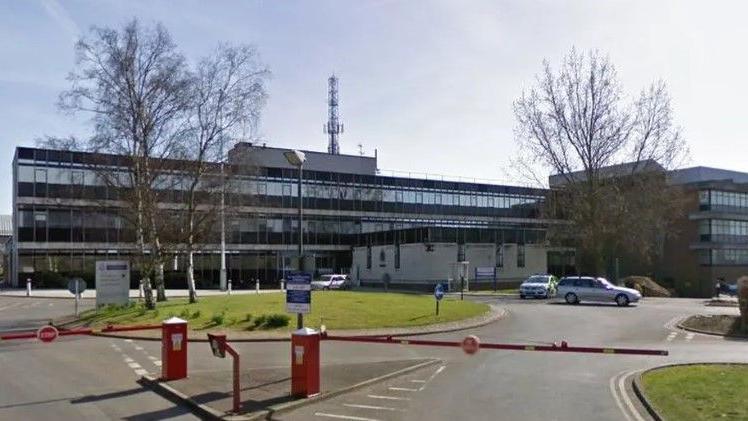Crime commissioners 'now part of the landscape'

Hertfordshire Police and Crime Commissioner David Lloyd has been overseeing the force for the last 11 years
- Published
A retiring police and crime commissioner (PCC) has insisted there was still a need for the role and that it did represent value for money.
David Lloyd, who has been Conservative PCC for Hertfordshire, said PCCs had made a real difference in helping victims of crime and had been able to direct funding towards "lower-level" crime that the public found so annoying.
"I think Police and Crime Commissioners are now a fixed part of the landscape," he said.
But he admitted many people still did not understand how the job worked.
'We do the strategy'
When Mr Lloyd stood in the first PCC elections in 2012, just 14.5% of those eligible to vote people in Hertfordshire turned out.
At the last election, that figure had risen to 37%.
"Many don't know what the difference is between a senior cop and a PCC," he said.
"We do the strategy; the cops go out and arrest people. I don't get involved in that but I do get involved in setting the strategy."
For him, that has meant a particular focus on tackling burglaries.
He has ensured the force attends every incident and secured £700,000 in Home Office funding to increase security at hundreds of properties.
Ten years ago there was an average of eight burglaries a day in Hertfordshire, but the figure is between five and seven.
Launching a new scheme to improve safety and security in the Bedwell area of Stevenage, Mr Lloyd said it was as a good example of what difference a PCC could make.
"Lower-harm crimes like burglary, anti-social behaviour and shoplifting which do not have such long prison sentences may not get the resources put into them if it's a fairly tight budget," he said.
"But a police and crime commissioner can say 'this is also important' and can work out ways to focus on those crimes."
Helping victims of crime

Mr Lloyd said his successor would need to work to help restore public trust in the police
Mr Lloyd also believes that all PCCs, whatever their political party, have made a real difference to victims of crime,
"We have put victims at the heart of the criminal justice system," he said.
"The criminal justice system can't take sides. It can't be biased in favour of victims and the courts also have to be dispassionate but we can ensure that, for victims, the journey is much better."
He set up the Beacon scheme, which contacts every victim of crime and offers help with any physical, emotional, psychological or financial hardship.
Value for money?

Adam Zerny said PCCs were yet to prove themselves
However, some people still feel PCCs are too expensive.
Neighbouring Central Bedfordshire Council recently passed a motion calling for them to be abolished and the return of police authorities, which used to oversee the work of the police.
Leader Adam Zerny, an independent councillor, said: "Politicians are very good at spending money but we're not seeing much evidence that there's been any benefit to the public.
"Everything we hear is that the public would rather have more policemen than spending more than £1m on a politician and their office."
But Mr Lloyd argued the salary and expenses paid to him and his deputy were less than they were for the police authority.
Public trust
He said the biggest challenges facing his successor would be fighting for a fair budget and helping to re-establish public trust in policing.
He pointed to incidents such as the murder of Sarah Everard in London by a serving police officer and allegations of racism in the Metropolitan Police.
"Unfortunately there have been one or two Met Police officers who have dominated the headlines and, of course, people feel it must be the same everywhere.
"The public has lost a significant level of trust in policing. It's an area that we need to keep working on and the way that we keep doing that is to continue showing what a brilliant job our police do."
- Published8 April 2024
